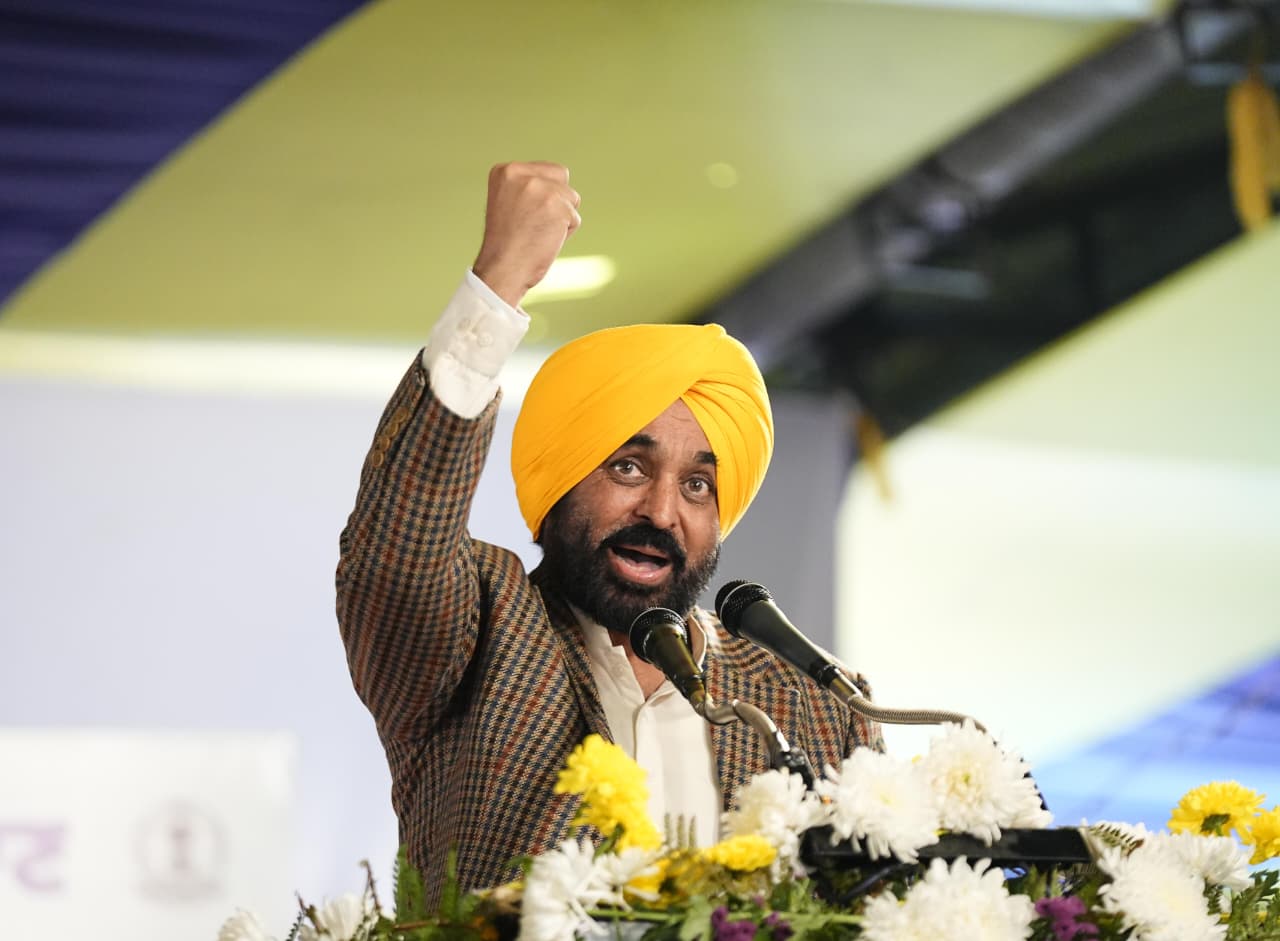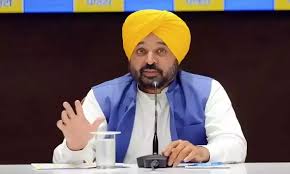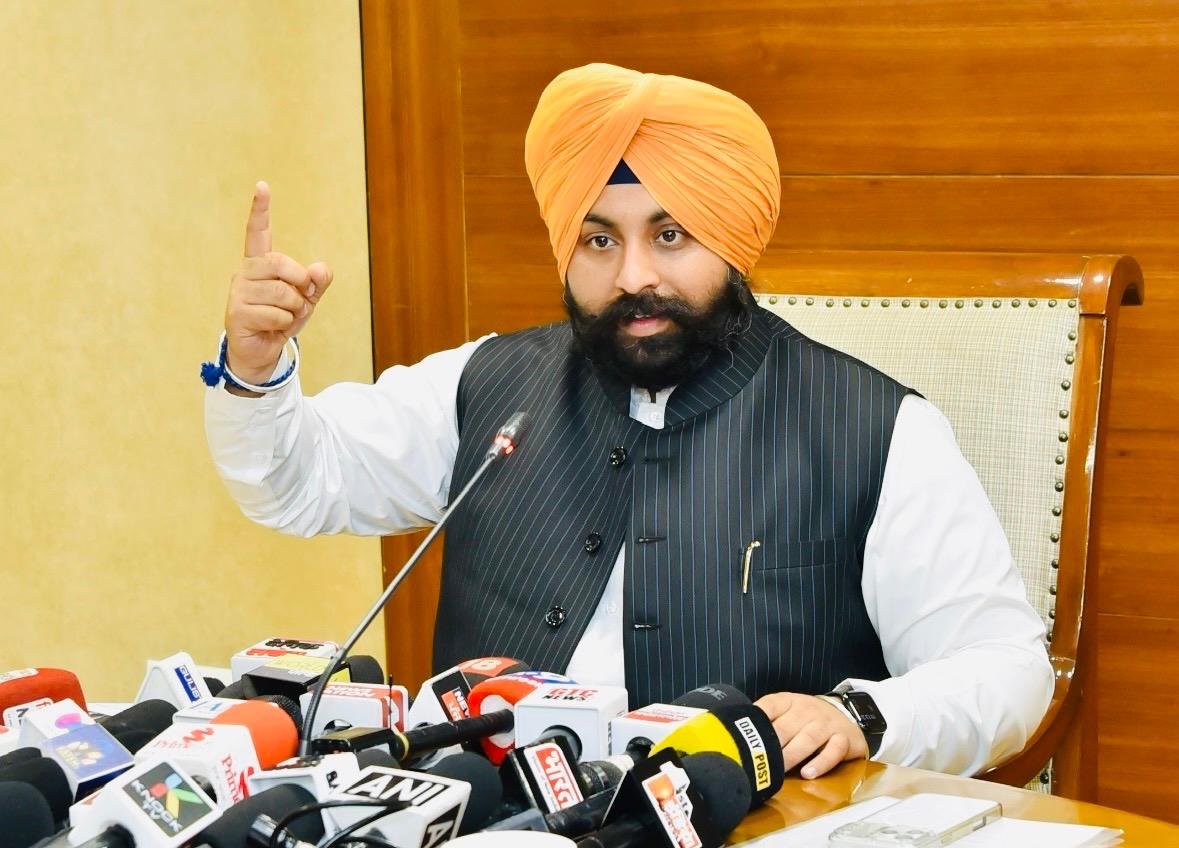Listen To This Post
Thenewsdose.com
Chandigarh, July 7,2025,UPDATED:2.25PM
The Punjab government is preparing to introduce a new, tougher legislation against acts of sacrilege during a special session of the Vidhan Sabha scheduled for July 10 and 11. The proposed law may include a provision for the death penalty, with the government currently seeking legal opinion on the constitutional viability of such a punishment.
“This is going to be a historic legislation that responds to the sentiments of the people of Punjab. The Centre should have acted on this long ago, but it is the Aam Aadmi Party (AAP) government that has taken the lead,” AAP spokesperson Neel Garg said on Sunday.
Sacrilege: A Politically Charged and Emotionally Sensitive Issue
Sacrilege has remained one of the most emotive and politically consequential issues in Punjab over the past decade. The October 2015 desecration of the Guru Granth Sahib at Bargari during the tenure of the Shiromani Akali Dal (SAD)-BJP government had ignited widespread protests, reshaped Punjab’s political landscape, and dealt a blow to the SAD from which it has not fully recovered.
Since then, successive governments—the SAD-BJP, the Congress under Captain Amarinder Singh, and now the AAP—have attempted to introduce or revive legislation that would make punishment for sacrilege significantly harsher.
Exploring Capital Punishment
Sources in the AAP government reveal that while Chief Minister Bhagwant Mann has repeatedly advocated the death penalty for sacrilege, legal experts are currently being consulted on its feasibility. “If it is found legally untenable, we will proceed with a provision for life imprisonment,” a senior government official said.
The proposed law would mark the third such attempt in less than a decade to criminalize sacrilege with enhanced punishment. This time, the government plans to frame it as a state-specific amendment to the Bharatiya Nyaya Sanhita (BNS)—India’s new criminal code which replaces the Indian Penal Code (IPC).
Chief Minister Mann has pointed out that while the BNS contains provisions for protecting places of worship, it fails to explicitly cover the desecration of Sikh holy texts. Since criminal law falls under the Concurrent List of the Constitution, the state has the right to propose and enact such legislation, pending Presidential assent.
Previous Attempts and Legal Hurdles
The Congress government in 2018 had passed two Bills—The Indian Penal Code (Punjab Amendment) Bill and The Code of Criminal Procedure (Punjab Amendment) Bill—which proposed life imprisonment for desecration of any holy scripture, including the Guru Granth Sahib, Bhagavad Gita, Quran, and Bible. These Bills had proposed a new Section 295AA in the IPC, and enhanced penalties under Section 295, which currently provides for imprisonment up to two years.
However, the Centre returned these Bills, urging the state to legislate afresh in line with the provisions of the new BNS. Similar resistance was faced by the 2016 SAD-BJP government’s Bill that sought life imprisonment for desecration of the Guru Granth Sahib alone, which the Centre rejected on grounds of secularism, insisting that the law must be religion-neutral.
In 2022, CM Mann had personally appealed to Union Home Minister Amit Shah for Presidential assent to the 2018 Bills. However, the Bills were returned earlier this year.
Mounting Public Pressure
The latest push for harsher penalties comes amid growing public outcry and intensifying grassroots pressure. One protester, Gurjeet Singh Khalsa, has been sitting atop a BSNL tower in Samana, Patiala, since October 2024, demanding capital punishment for sacrilege. Sources say the issue was recently flagged by Chief Secretary K.A.P. Sinha, who warned CM Mann of potential law and order consequences if the protester’s health were to deteriorate.
Last week, CM Mann also met representatives of the Sarb Dharam Beadbi Rokko Kanoon Morcha, a civil society group that has been at the forefront of the movement for a stronger anti-sacrilege law. After the meeting, Mann assured them that his government was committed to enacting a comprehensive, legally robust legislation, and would explore all constitutional avenues to include the provision of death penalty.
Internal Dissent Within AAP
While the Chief Minister has been vocal in demanding the harshest punishment, sources indicate that not all AAP leaders are on board with the idea of the death penalty. Some senior figures within the party believe that capital punishment may not stand legal scrutiny and could be perceived as excessive or disproportionate, especially by the judiciary.
The final shape of the legislation will depend on the outcome of legal consultations currently underway. The state Cabinet is expected to meet ahead of the special Assembly session to approve the draft Bill.















